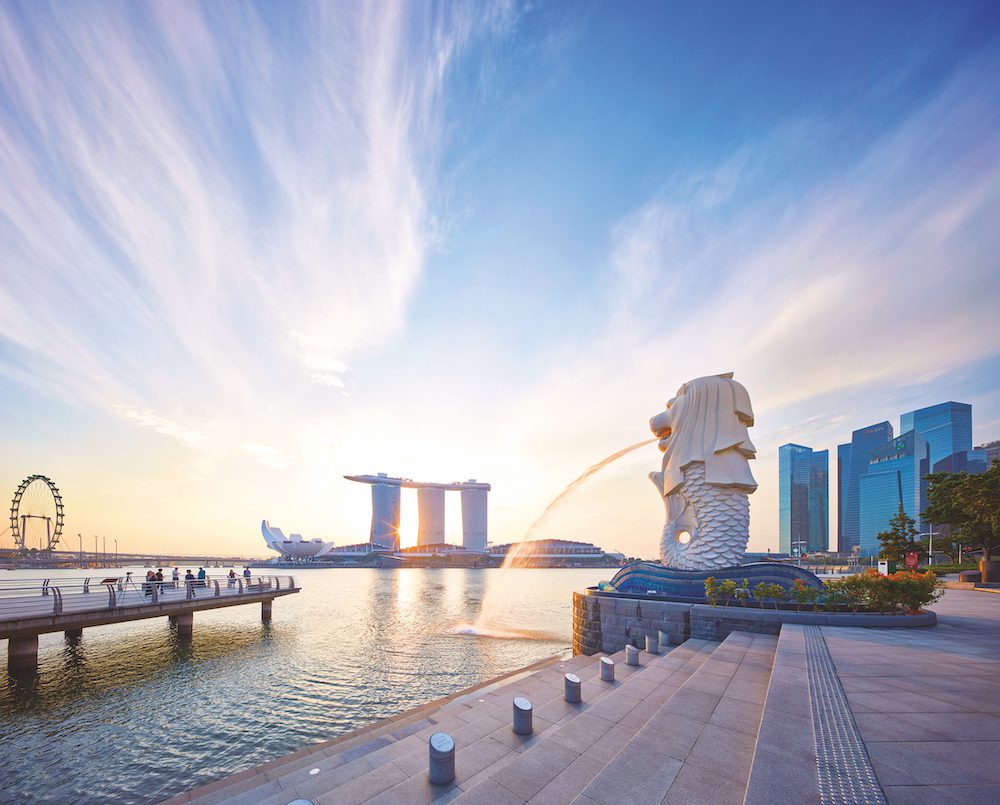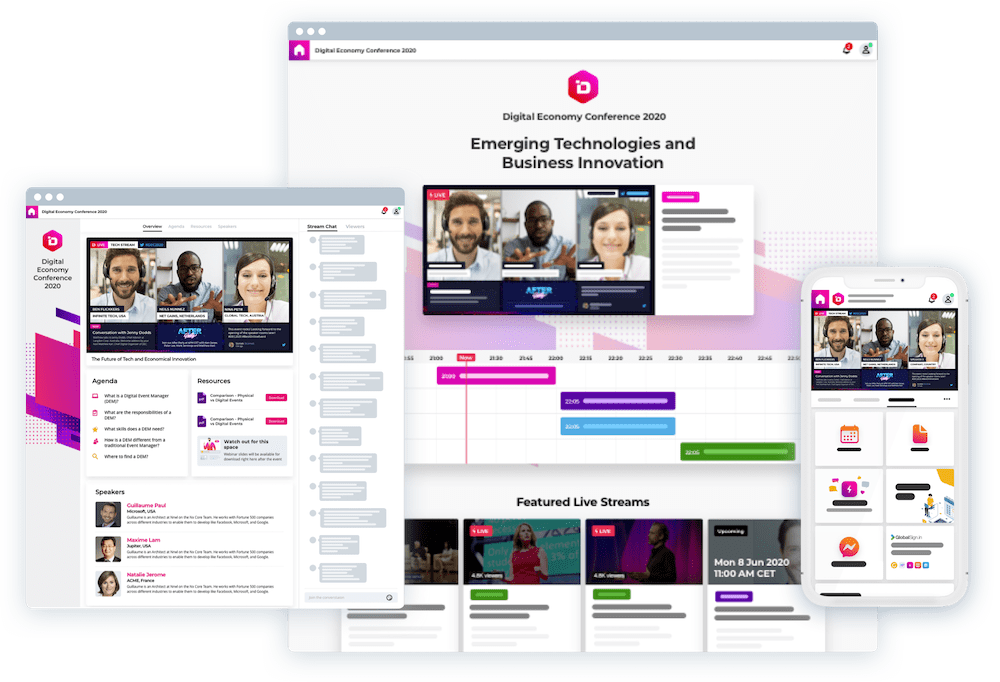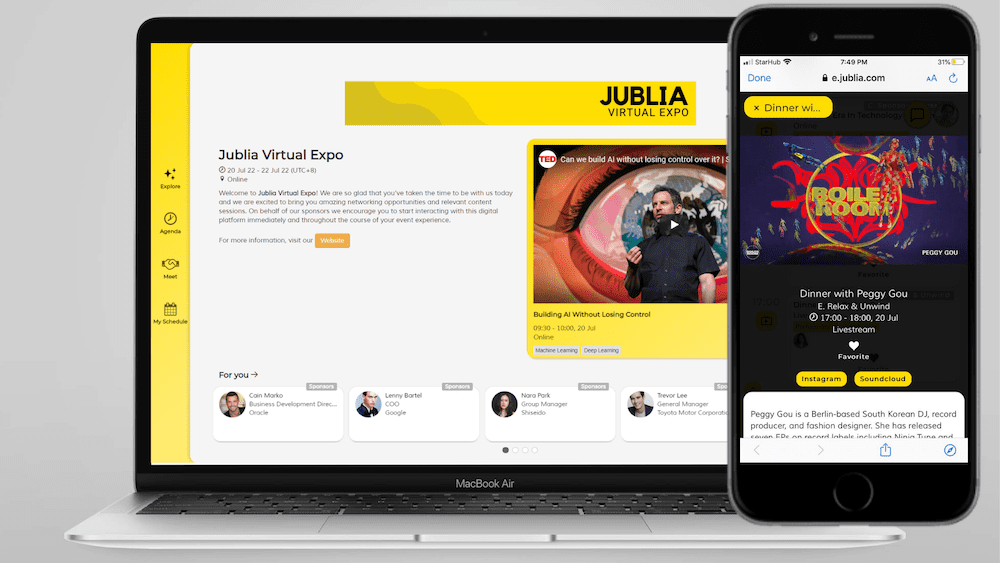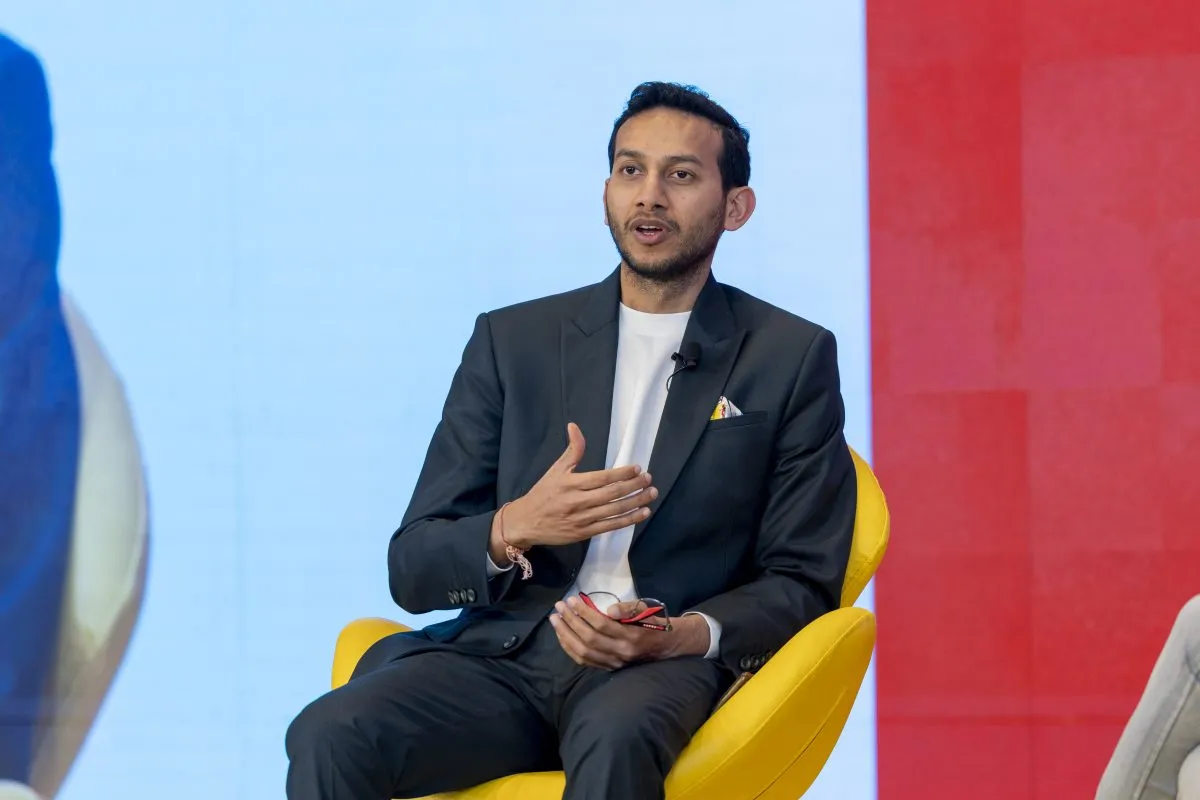How Singapore’s Meetings and Events Industry is Going Virtual During the Coronavirus
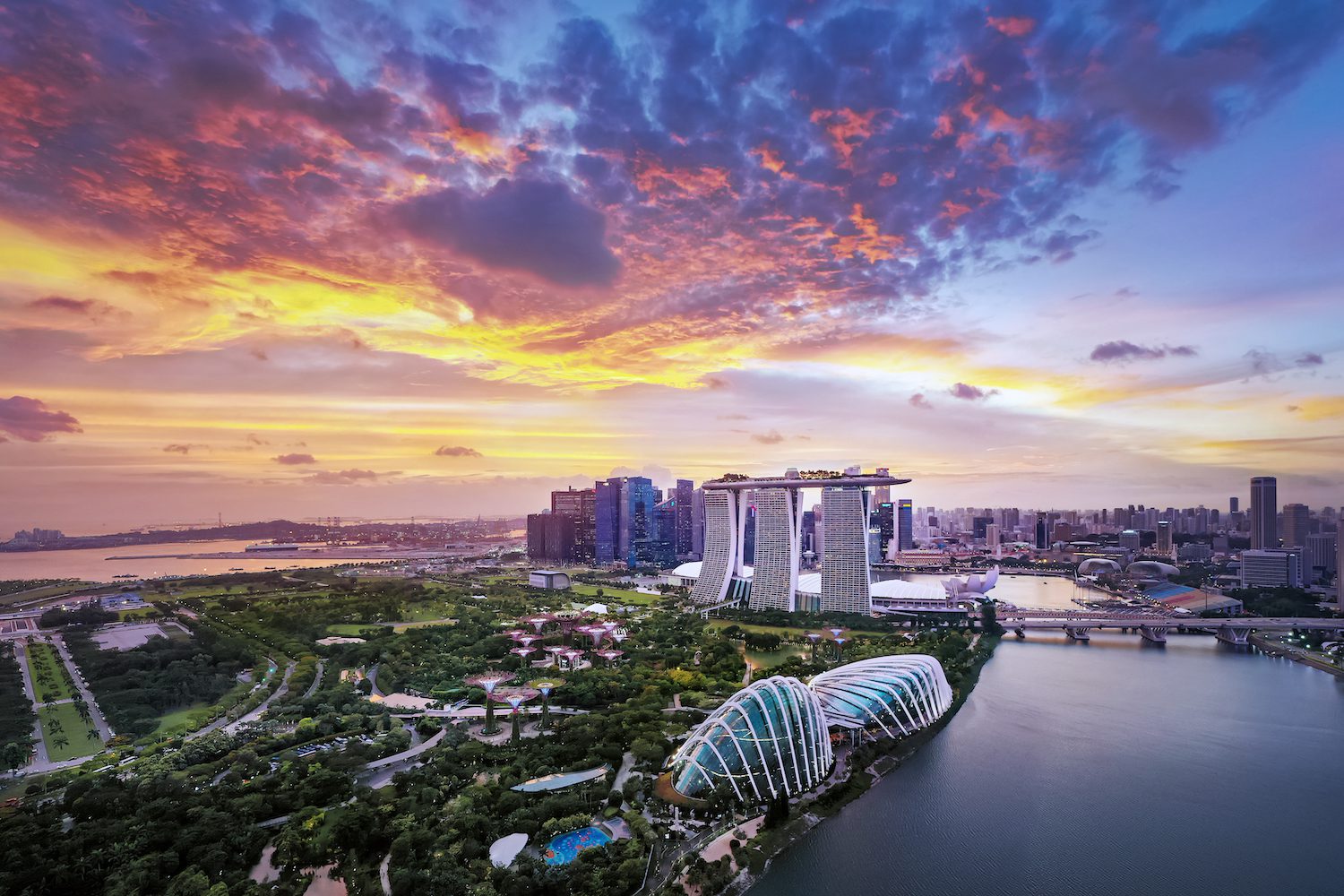
Skift Take
This sponsored content was created in collaboration with a Skift partner.
Singapore has long been a leading destination for international business events. It’s the top Asia-Pacific meeting city on the annual International Congress and Convention Association (ICCA)’s global rankings for 18 consecutive years and was ranked number one on the 2019 list of top meeting destinations in Asia by Cvent.
But as in the case of so many other countries around the world, its meetings industry has been adversely affected by the Covid-19 pandemic in 2020. However, this doesn’t mean that gatherings have come to a full stop. Instead, many planned events and conferences have pivoted to virtual as meeting and event industry leaders, event planners, vendors, venues, and tech innovators across Singapore have come together to find creative solutions.
Despite many hurdles, Singapore’s meetings and events industry has pulled through to innovate during this time, thanks to the country’s vibrant business culture, strong infrastructure, stable government, and a proven track record in delivering high-quality events. “The agility and creativity of our partners has allowed them to quickly pivot to online platforms and test digital solutions that will be useful for future forms of events, while ensuring that audience engagement and collaboration, as well as quality content, continues to be delivered,” said Andrew Phua, executive director of Singapore Tourism Board.
“Innovation is an important part of Singapore’s business culture, which appeals to global businesses large and small. Our plug-and-play business environment allows tech companies to get their solutions to market quickly, and gives businesses immediate access to some of the most technologically advanced infrastructures,” he said. Knowing this, it makes sense why The Global Innovative Index ranked Singapore as the most innovative country in Asia in 2019 and Bloomberg’s Innovation Index named it the third most innovative nation in 2020.
Tech Disruptors Are Leading the Shift to Virtual
Singapore is home to a number of tech startups and businesses that are facilitating the shift of physical business events to virtual or hybrid formats. GlobalSign.in, which specializes in providing technology exclusively for the meetings and events industry, is one such company. When the coronavirus pandemic struck the Asia-Pacific region in early 2020, all physical events that the company was supporting were either cancelled or postponed indefinitely. Faced with this unanticipated challenge, GlobalSign.in was nevertheless quick to react. As CEO Veemal Gungadin explained, “We immediately started engaging with our clients to shift their events to the digital realm.”
Educating their customers was the first step for GlobalSign.in, since many had no experience in live video streaming and the logistics required for it. Through one-on-one consultation sessions, a webinar series, and online content targeted at event professionals and businesses, GlobalSign.in focused on providing actionable resources to guide meeting planners on the key steps to transition their physical live events to virtual ones.
GlobalSign.in also launched a new product, GEVME Live, to address their clients’ pressing needs to go virtual. This product also fills the gap it saw in the virtual event tech market. “While in-person events will be back soon, they will not be the same. In-person events will need to have a digital component in the new normal post-Covid-19,” Gungadin said. The event management platform was built specifically with the unique needs of digital events in mind and consists of a “digital venue,” allowing organizers to brand and build their own online engagement experiences for their events.
Jublia, an events engagement platform based in Singapore that facilitates a combination of live, virtual and hybrid expos and conferences, was also hit hard by the pandemic. Many event companies that Jublia partnered with postponed their projects, with some even going out of business. In the face of this reality, Jublia also saw an urgent need to help its customers quickly pivot their physical events to virtual ones.
As Errol Lim, co-founder and chief operating officer of Jublia, explained, “We’ve consulted with many of our clients to develop a suitable and sustainable virtual offering, which they can use to easily convert their affected events from the get-go and monetize effectively.”
Jublia’s technology platform was initially designed for live events, but has now been adapted to virtual and hybrid events. It focuses on three fundamental elements that Lim believes are essential to making any event platform a success: relevant networking, content discovery, and interest-based engagement. The company has also developed a highly secure virtual video meeting tool that filled in the gaps of typical webinar software for event planners.
One of the first physical events facilitated by Jublia to virtual was a U.S.-based summit (which has requested to stay anonymous), set to take place in early March 2020. This event typically attracts senior leadership of the industry sector and is a premium platform for delegates to connect with key decision-makers in one-on-one private deal-making meetings.
Prior to restrictions on mass gatherings, Jublia’s solution was employed by its clients to convenience their event participants with a curated list of pre-scheduled meetings, alongside pre-selected conference sessions. When the ban on mass gatherings was imposed, over 400 high-level business meetings were already planned. This required Jublia to quickly respond with a workable alternative. “Against all odds, our team managed to propose and deliver a solution in record time. We moved speedily to convert the entire live event into a virtual event in under 24 hours,” Lim said. Nearly all of the pre-planned meetings took place virtually, without a hitch.
How Singapore’s IDEM 2020 Became a Virtual Event
When trade fair company Koelnmesseand the Singapore Dental Association initially got wind of the coronavirus pandemic in February, they agreed to postpone the International Dental Exhibition and Meeting (IDEM), which was set to be held in Singapore, from April to June. However, once the severity of the Covid-19 pandemic became clear, IDEM 2020 was converted from a physical conference to a virtual event in a matter of weeks out of concern for the safety and well-being of its exhibitors, attendees, and partners.
As Mathias Kuepper, managing director at Koelnmesse, which oversees the event production of IDEM 2020, explained, “Once we decided to go virtual, it quickly became clear that we could not simply replicate the entire physical event and emulate the in-person experience online. Instead, we selected the individual parts of IDEM that we thought would be most valuable to our exhibitors and attendees and translate most successfully to a digital format.”
“The virtual edition of IDEM 2020 will center around content,” Kuepper said. The online platform will provide livestreamed and pre-recorded conference sessions and lectures, which, as in the case of its physical events of the past, enable dental professionals to acquire Continuing Education (CE) Points, verified by the Singapore Dental Council.
At the same time, exhibitors from around the globe will be able to showcase their products and solutions, and safely connect, network, and engage with attendees. Instead of creating an online trade show to walk around virtually, event organizers opted to showcase them through an easy-to-navigate, searchable listing. “We assessed various online platforms and attended several other virtual exhibitions when considering this,” Kuepper said. “While virtual trade shows might add a ‘wow’ factor and gamification component to the event, we felt that they were often more of a distraction rather than adding real value to participants.”
Kuepper knew that they had to reassess its participation fees to reduce the barriers of entry for the virtual version of IDEM 2020 and to build trust with its customers. All exhibitors who had initially signed on for IDEM 2020 received a full refund of their participation, as well as a complimentary listing in the digital exhibitor list. For a small fee, they had the option to purchase enhanced branding opportunities and expanded access to attendees. Ticket fees for attendees were cut by about 50 percent, and a full refund was offered should they not be satisfied with the digital experience.
According to Kuepper, while the process of pivoting to virtual has been challenging, producing the digital edition of IDEM 2020 has illustrated that going virtual does offer future opportunities. “We will definitely go back to in-person events as soon as the Covid-19 situation is under control,” he said. “But we are continuing to explore new digital technologies, which may result in hybrid events that include both physical and virtual formats. The most important thing is that it adds value to our attendees and exhibitors.”
The Future of Meetings and Events in Singapore and Beyond
Physical business-to-business meetings and events are critical platforms for connections and partnerships, catalyzing business growth, and driving economies forward. During the pandemic, virtual events have shown to be viable alternatives. However, it remains to be seen if the virtual format would ever fully substitute the need for face-to-face business interactions. In fact, there could even be a greater appreciation for live in-person events when the global pandemic outbreak is under control.
Nevertheless, the “pivot to virtual” that has characterized much of the business events industry in recent months has presented planners with the opportunity to incorporate meaningful and effective digital experiences into future events and conferences. These new digital technologies will likely be integrated into physical events once they return, creating a richer online and offline hybrid experience. In most cases, digital technology won’t completely replace the overall meeting and event experience, but will enhance and improve it.
As Lim explained, “There will be a surge in more powerful event technologies as digital establishes itself as a vital tool for continued and prolonged audience engagement. Covid-19 didn’t create this new need for digital, rather it merely accelerated its adoption throughout the events sector.”
Phua agreed that even after the Covid-19 pandemic subsides, hybrid events and webinars will form a more significant part of the business events industry across Singapore, as wider audiences can be reached with cost-effective digital solutions. “Many of our industry players are already exploring how they can incorporate technology for hybrid events,” he said. “As we aim for recovery and prepare for a ‘new normal’ in meetings and events, now is the best time for companies in our industry to adopt new technologies to address attendee and planner wants and needs.”
This content was created collaboratively by Singapore Tourism Board and Skift’s branded content studio SkiftX.
